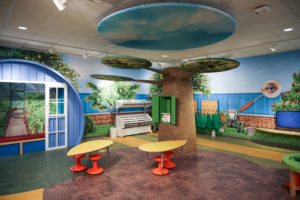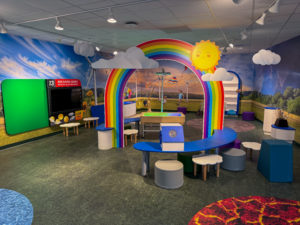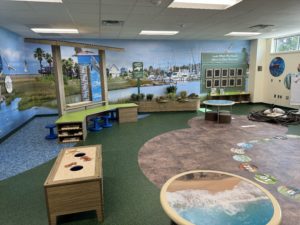Are robotics, engineering, and coding in early childhood classrooms developmentally appropriate? Are they topics to explore with young children?
Absolutely!
In an increasingly technological world, topics such as robotics and coding should be explored at an early age to build foundation skills for continued development and discussion in later grades. Exploring these principles has numerous benefits, including cognitive development, problem-solving skills, creativity, and logical thinking.
Young children are curious about the world around them, so introducing topics such as robotics and coding early could spark a lifelong interest. Often, coding in the early grades comes in the form of puzzles, games, and art experiences, which encourage children to work in steps to solve something or put something together! So, what can you do in your classroom to facilitate growth in robotics, engineering, and coding?
- Practice coding without a computer or educational device. Have children assume robot and programmer roles. The programmer gives instructions to the robot to move around the classroom using simple commands.
- Provide children with a series of picture cards to sequence and ask them to arrange in order to tell a story.
- Use programmable toys like Code & Go Robot Mouse, Bee-Bot, or Code-a-Pillar to create a sequence of movements. Create a coding maze by laying masking tape on the floor and ask children to explore the basic commands like forward, backward, left, and right.
- Combine coding with art projects by using software or apps that allow children to create digital artwork using basic coding principles.
- Organize coding challenges using puzzles and games, where children work in teams to solve problems or discover new solutions.
- Provide sensory rich experiences for children to explore, discover, and ask questions and work through the inquiry process.
The greatest thing you can do for your students is to instill a growth mindset by emphasizing scientific concepts. These robotics and coding experiences can be developed with practice and effort. Encourage your students to embrace challenges, learn from mistakes, and persist when things get difficult. Help children understand that failure is part of the learning process and an opportunity for growth and improvement.
To discover more ways to engage young learners, reach out to our team to help harness the power of experiential education for generations to come.



